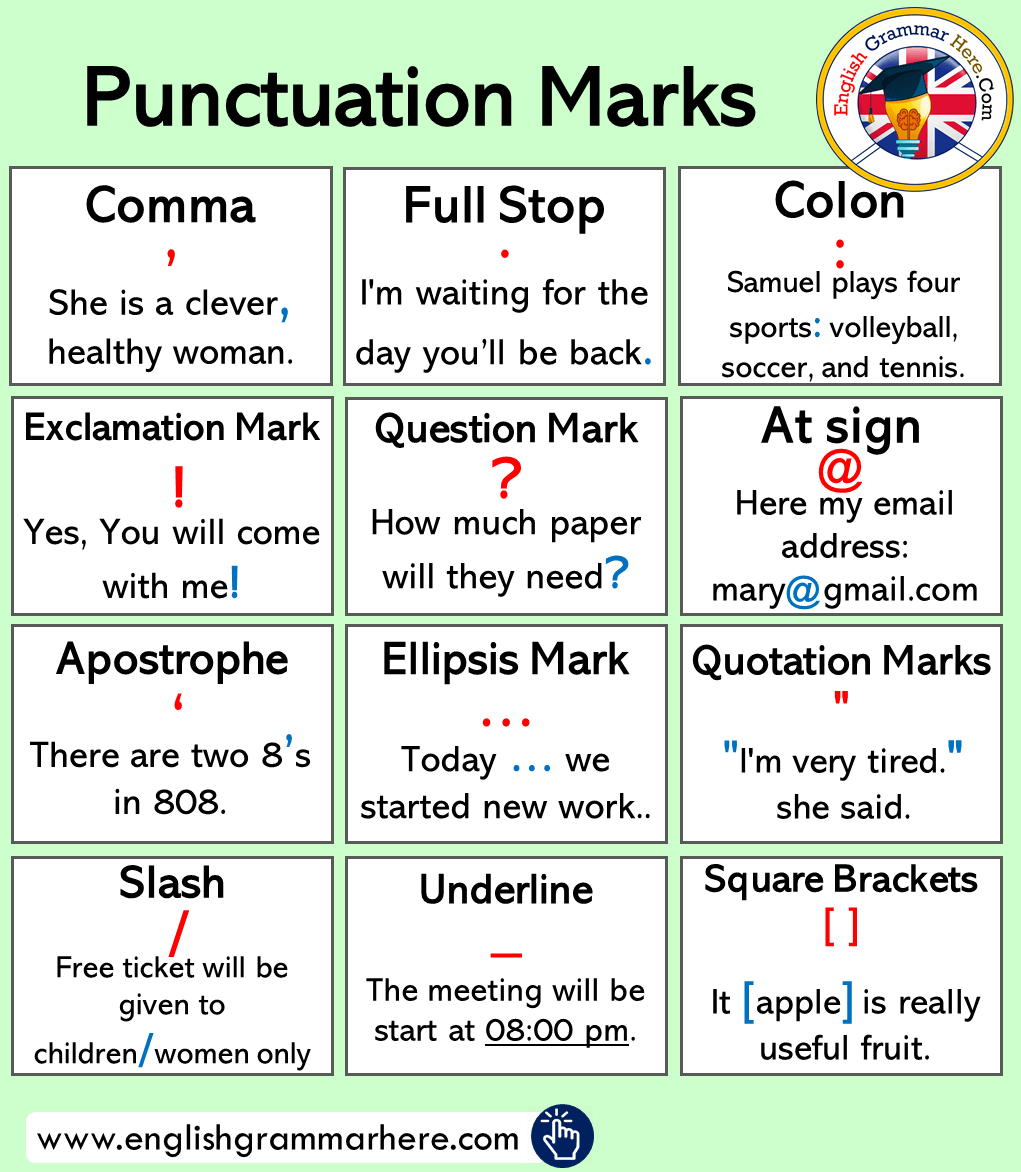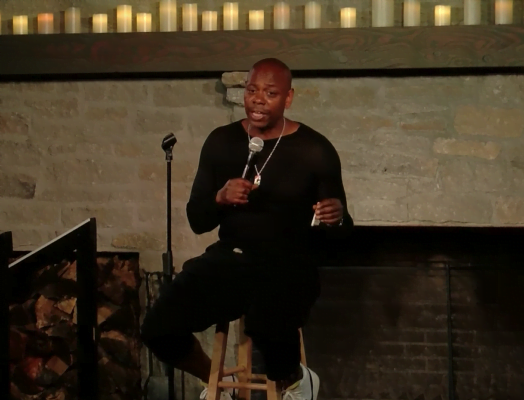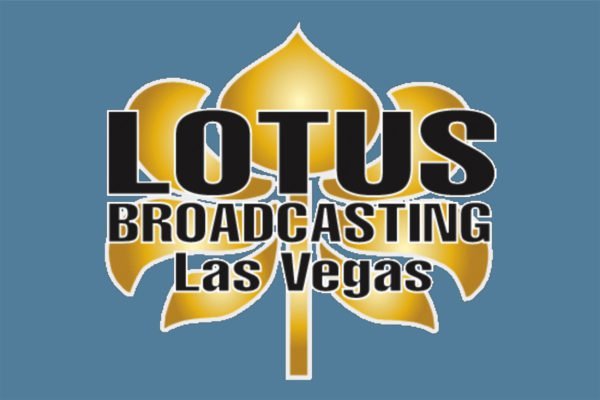Ramie Makhlouf is a multi-faceted entertainer. The former SKOR North and 105.7 the Fan host is also a stand-up comedian. Recently, I had the chance to chat with Ramie about comedy and how he has used being on stage to help him behind the mic.

We shared thoughts on our favorite comedians. Both of us like Dave Chappelle. Both of us like Patton Oswalt. We talked about what makes good radio. It was an easy conversation with someone that definitely knows what he wants to say and how he wants to say it.
I asked Ramie to take a look at Dave Chappelle’s new special from a different perspective and write about his experience with comedy. What can a sports radio host learn from watching a great comedian? Enjoy!
In the aftermath of the George Floyd murder and ensuing protests, Dave Chappelle released 8:46 on YouTube; a set largely focused on the Floyd murder and on the movement for social justice we’ve since seen. It’s powerful and if you haven’t seen it, you should. Not only because it’s just great and poignant and timely but also, as Bomani Jones points out, there is plenty you could pick up from Chappelle that will make you better at what you do.
I’m a sports talk radio host by day and stand-up comedian by night and I can tell you, they’re very different animals. In my time doing both (about 10 years as a host, 7 as a comedian), in fact, I’ve only met one or two radio hosts who I thought should try stand-up comedy, and only one or two comics who I thought could cut it in radio. Only because the element of working with or without a live audience is such a game changer for most performers in both lines of work.
Bomani is right though, and there are plenty of things a radio host could pick up from watching a great stand-up comic, or vice versa, to make them more effective, more entertaining, and more engaging communicators.
You may have heard the “laughs per minute” rule of stand-up comedy. It’s one of the principles that many stand-ups live by that states that you need to draw 4-6 laughs per minute. There’s some science behind it that indicates that’s what you need to do just to hold the attention of an audience. Even if your 5th minute of a five minute set is your strongest material, it doesn’t matter if you’ve lost the audience in minute two.
The same holds true in radio. Obviously it’s not always a laugh that you’re going for, but there better be a handful of attention grabbers of some sort packed into every minute of your show. Whether it is a laugh, a bold or outlandish take, a change in inflection or the volume of your voice, a funny drop, or the use of a highlight or other audio, there has to be something that keeps the audience hooked the whole trip before you do get to the payoff. Speaking of the payoff, don’t waste any time in getting there.
An understanding of word economy is an important tool to have in both the world of radio and stand-up comedy. In other words, use your words sparingly. Obviously you have to talk enough to fill your time on the air or on the stage, but in both radio and comedy you better get to the payoff as quickly as possible. If you watch Chris Rock, he’ll often start a bit with a statement; sometimes it’s unclear what exactly he means, sometimes it seems controversial or something with which you might not agree, but he’s hooked you because you’re asking “what does he mean by that?” or “how could he possibly say that?”. Then the joke is explaining what he just said, and often the punchline is repeating the very statement with which he started!

As a host your payoff may be a punchline, or it could be a “hot take”, or a set-up for your co-host, or a question to draw callers and interaction with the audience. Whatever it is, get there with as few words as possible. Maybe even use the Chris Rock method and start with your statement or question! It’s okay if you leave something unsaid on your way to the payoff, especially in radio. Assumedly, a discussion or debate will ensue, and you’ll get the chance to circle around and still get off other points that you may have initially left unsaid. So how do you get to your payoff quickly, but also effectively?
I’ve spent a lot of time watching and listening to Jerry Seinfeld talk about writing comedy. Like…A LOT! Probably too much! It’s just so fascinating! It’s like watching a musician’s creative process, and trying to find just the right note. He talks about the rhythm of words and sentences, and how some words just sound funnier than others, searching for the funniest sounding word to perfectly make his point, using the fewest words possible to say it, and get the maximum effect from those words.
Stephen A. Smith is probably the best at this in the sports talk world. Yes, he does it by having a vocabulary that would make Webster’s jealous, but also with word selection. It’s not an accident that he has a few go to words or phrases (That’s preposterous! That’s blasphemous! The gall! The utter temerity!). Stephen A. knows there’s something about those words and the way he says them that gets people to react and stay tuned in to what he’s saying.
It’s not just the words themselves either, but the punctuation around the words. Great communicators of all kinds speak with punctuation. When Chappelle or Rock or Stephen A. emphasize something, you can almost see the words come flying out of their mouth in all caps with three exclamation points. If a comedian writes a comma or an ellipses in their material, it means to take a beat or a pause. There has to be an end, or a stop, to your thoughts and sentences.
Run-on sentences don’t work any better in spoken word than they do in writing. They lose audiences. You probably aren’t writing your rants or monologues, and you definitely don’t want to sound like you are, but you should definitely consider the punctuation. Where is a pause required? Where and how does a thought end? Does it end with a period, or is it an exclamation point, or a question mark, and can I tell that just by hearing you speak?

The trick to doing all this, whether in radio or comedy, is to make it seem effortless and like you’re not really trying to do any of this at all. Chappelle is the best example of that in comedy. Dan Le Batard is probably the best example in sports talk. Howard Stern may be the best example in the media, period. All are very meticulous and plotted in what they do, what they say, and how they say it, but you would never know it.
The great ones effortlessly speak the language of comedy or radio, rather than coming off as “performing”. That type of mastery is something we all can learn from, whether you perform on a stage or in a studio.

Demetri Ravanos is a columnist and features writer for Barrett Media. He is also the creator of The Sports Podcast Festival, and a previous host on the Chewing Clock and Media Noise podcasts. He occasionally fills in on stations across the Carolinas in addition to hosting Panthers and College Football podcasts. His radio resume includes stops at WAVH and WZEW in Mobile, AL, WBPT in Birmingham, AL and WBBB, WPTK and WDNC in Raleigh, NC.
You can find him on Twitter @DemetriRavanos or reach him by email at DemetriTheGreek@gmail.com.







